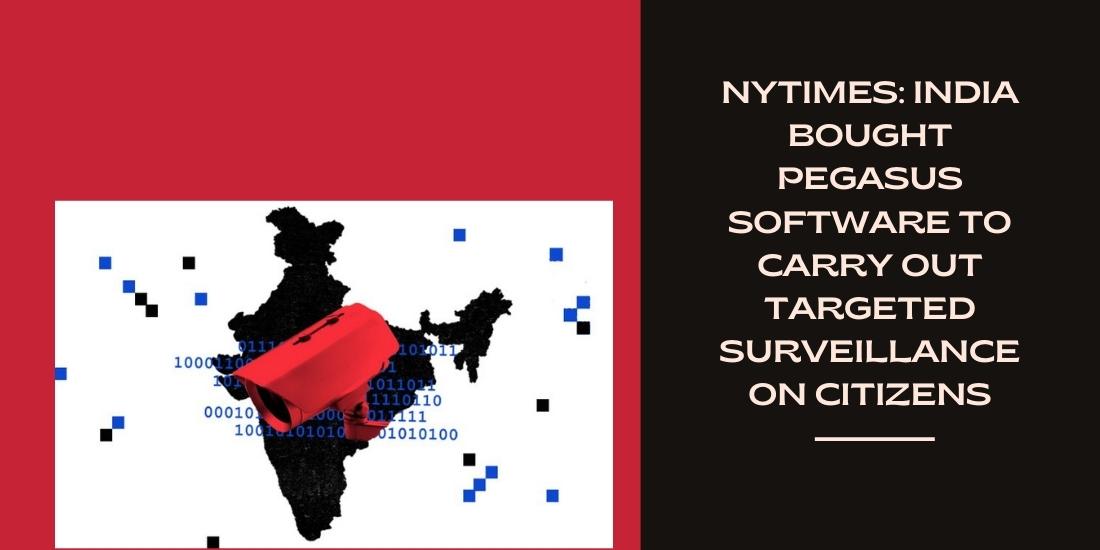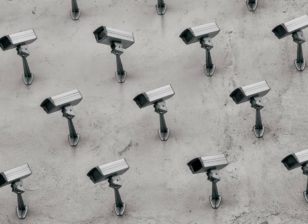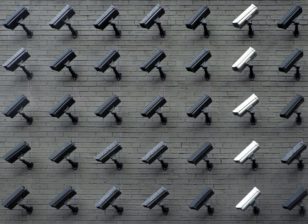NYTimes: India bought Pegasus software to carry out targeted surveillance on citizens
When an Israeli company released a new spyware product known as Pegasus in 2011, it changed cyberwarfare. Pegasus could reliably decipher the communications of smartphones without the phone’s user knowing and without the cooperation of AT&T, Apple or any other company.
Mexico’s government bought Pegasus — from NSO Group, the Israeli start-up that created it — and used it to capture El Chapo, the drug lord. European investigators used the product to break up a child sex-abuse ring and stop terrorist plots.
But Pegasus also created some problems, and they quickly started becoming clear, too. Governments could use it to monitor and suppress critics and political opponents. Mexico was an example: It deployed the spyware not only against El Chapo but also against dissidents and journalists. Saudi Arabia and the United Arab Emirates used it against civil rights activists.
The F.B.I. bought a version of Pegasus in 2019, according to a new Times Magazine investigation by Ronen Bergman and Mark Mazzetti. Since then, U.S. officials across the Trump and Biden administrations have debated whether to use it within this country as well as abroad.
For now, the F.B.I. has decided not to do so. The Commerce Department went further, adding NSO to a list of foreign companies that it says jeopardize national security and preventing U.S. companies from working with it. Even so, the American government’s copy of Pegasus continues to sit in a New Jersey office building, ready to be turned on if the federal government changes its policy.
Ronen’s and Mark’s story is full of other revelations, too:
-
Israel has used Pegasus as a diplomatic sweetener. It gave the U.A.E. and Bahrain access to it, which helped lead to the Abraham Accords, the 2020 pact in which the Arab countries normalized relations with Israel. At one point, Saudi Arabia’s de facto leader, Crown Prince Mohammed bin Salman, threatened to block a crucial part of the deal unless Israel renewed Saudi Arabia’s license to use Pegasus.
-
The C.I.A. bought a copy of Pegasus for Djibouti, to assist it in combating terrorism — despite the country’s record of human rights abuses, including the torture of dissidents.
-
Pegasus has helped knit together right-wing nationalist governments around the world, with Hungary, India and Poland collaborating on its use. Benjamin Netanyahu, then Israel’s prime minister, decided not to order Poland’s Pegasus system to be cut off even after the country passed laws that many in Israel saw as Holocaust denial, and the Polish prime minister spoke of “Jewish perpetrators” among those responsible for the genocide.
In addition to these fascinating details, the story underscores a larger point about cyberwarfare. As Ronen and Mark write:
Cyberweapons have changed international relations more profoundly than any advance since the advent of the atomic bomb. In some ways, they are even more profoundly destabilizing — they are cheap, easily distributed and can be deployed without consequences to the attacker. Dealing with their proliferation is radically changing the nature of state relations, as Israel long ago discovered and the rest of the world is now also beginning to understand.
Click here to read the article




